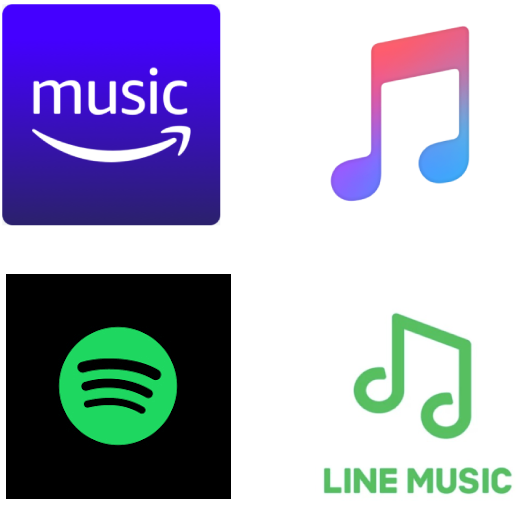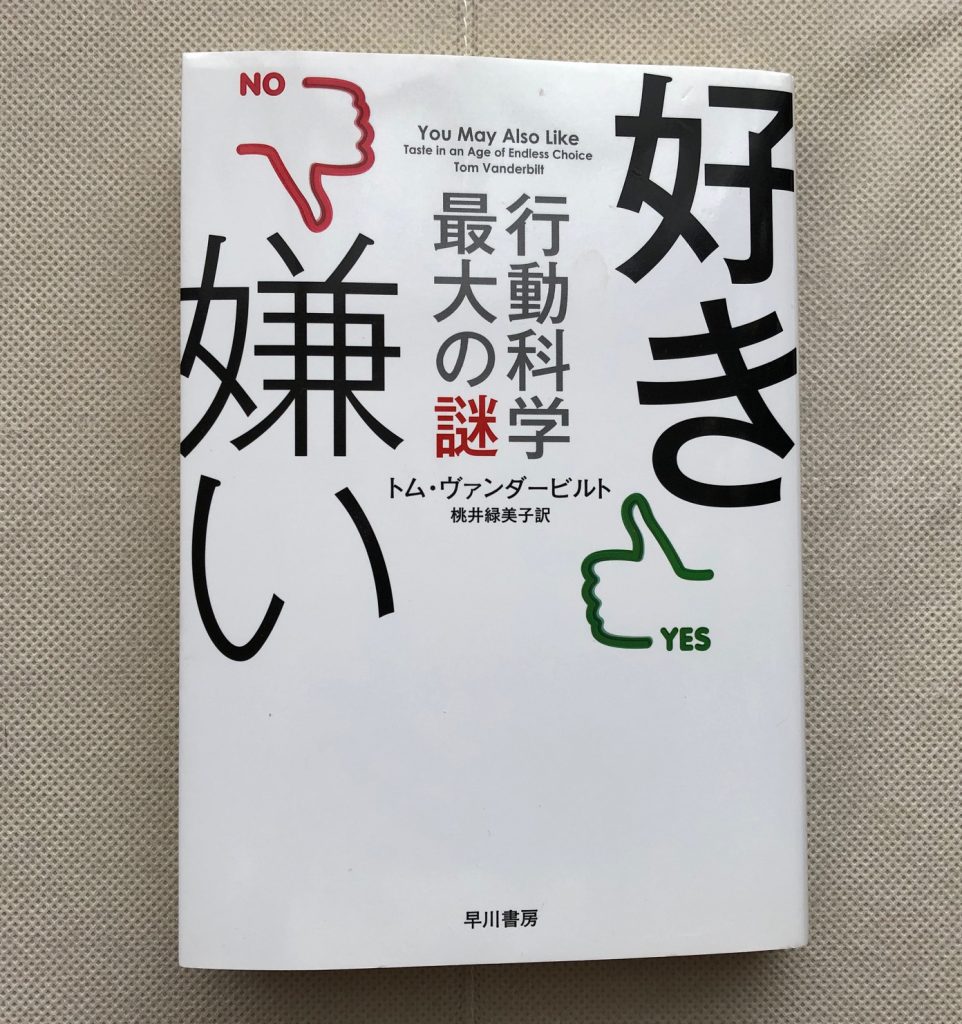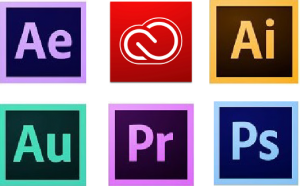
I joined the music subscription service Amazon music HD when I was talking to my junior colleague from school in Kumamoto (I described him as a friend in my blog the other day, but this time I used "junior" to show the difference in age). At that time, we talked about music as well.
Regardless of his assessment of the movie Bohemian Rhapsody, which was the talk of the town last year, Queen was so special to his younger generation that he said he bought a ticket to a concert at the Kyuden Memorial Gymnasium on April 25, 1975, even though he was in high school.
Speaking of 1975, I had just entered college and listened to music like Ogura and Inoue Yousui and Yoshida Takuro, and I didn't even know Queen existed.
t was mentioned that he bought a record player, apparently to listen to records that were not on CDs. While talking about this, I was thinking about a book I had read earlier.

That book is You May Also Like, written by Tom Vanderbilt.
I took it out of the bookshelf again and reread "Chapter 3: Can You Predict Your Preferences?". This chapter is about music preferences.
French sociologist Pierre Bourdieu wrote in a book published in 1979 that "nothing reveals a person's 'class' and categorizes it more unmistakably than his taste in music.
In 1979, the year I graduated from college, so I guess things have changed. However, on Facebook, it seems that many of the genres of music I like to listen to are classical and jazz with a sense of luxury, but not indie or dance music.
By the way, it seems that many people who sign up for a free trial of a music subscription service listen to almost nothing. There are tens of millions of songs.
It's the same way with me.
Amazon music HD claims to have 70 million songs to listen to. What I search for and listen to are all songs I've heard in the past, and that past is something I listened to in my teens and twenties. And that past is what I listened to in my teens and 20s.
The preference for songs of these ages is a phenomenon called "Reminiscence Peak," in which events and changes that have a memorable impact occur in adolescence and young adulthood, so the music listened to in those years will have an impact on the future.
What kind of music you fall in love with depends not only on how much music you encounter, but also on how much you listen to that music. The more music you hear, the more you'll like it before you know it. It means that when you get used to it, you are more likely to like it.
I have a feeling that if I had the courage to paddle out into the great ocean of 70 million songs, I would have more of my favorite music.








